On Returning, Reading, and Remembering Wildness
From Prodigal Summer to Southern Indiana-what the land teaches us about coming home to ourselves
Lately, I’ve been thinking about the land I come from and how it speaks to me, if I’m willing to listen. To be honest, I had my ears plugged for the last thirty-three years. If anyone in Chicago asked me where I was from, my strong, steady voice would move into a whisper like the sudden shift after a summer thunderstorm, Indiana. A couple months ago, I moved back to Southern Indiana to hopefully stay. Almost upon arrival, I became enamored by a man, who quickly became a ghost after unlocking parts of me I had long suppressed. He felt like what one of Kingsolver’s characters in Prodigal Summer calls a “doorway to me.”
Disheveled and a bit sullen, in a moment of flat vulnerability, I confessed to the local bookstore employee why I was returning the Kurt Vonnegut book I’d bought for the man who cracked me open-lightning splitting an Oak tree. I didn’t want to give to anyone anymore. I wanted something for me, something holy. I described the kind of comfort I was craving: feminine, ancient, a close-to-home landscape, summer. He handed me Barbara Kingsolver’s Prodigal Summer. That man deserves a raise.
Prodigal Summer is a fictional novel following three main characters over the span of one summer in the Appalachian Mountains of Virginia: Deanna, a Game Warden who works for the Parks Service and loves living alone on her mountain; Lusa, a city-born scientist married into a stifling rural farmer’s family; Garnett, a cranky old man who is working to resurrect the American Chestnut, but is often thrown off course by his “bra-burning Unitarian” neighbor, Nannie Rawley. The setting feels timeless, like the Celtic Otherworld brushing up against our own.
We, as readers, flutter along through the narratives like the moths Deanna and Lusa cherish, weaving in and out of their honeysuckle-covered barns and within the hollowed American Chestnut that becomes a sanctuary for lovers. Deanna and Lusa, especially, evolve alongside the coyotes who migrate into the wilderness to raise their young, unaware that men with rifles follow not far behind. Rather than summarize the novel, I want to share what it stirred in me
When my cells dance in response to a book, or anything really, it feels like a prophecy. Like if I don’t listen, my life will suddenly go off course. Kingsolver, like Mary Oliver and Terry Tempest Williams, allows for nature to stand in for human emotions reflecting the unnamable back to us, like Yahweh. I felt myself relax into her pages like a grandmother’s hug, as though I’d found my niche, my ecological home within the writing pantheon.
She also dares to do what few do: write Appalachians and rural people with reverence. In a world that dismisses them as backward, Kingsolver listens to their voices. I’m still unpacking what that did to me.
To love this land is to reckon with how it's been ridiculed. To see your neighbors called simple, your stories deemed irrelevant. It wears you down. It burrows. It makes you quiet. I can’t actually name one novel that takes place in Indiana and that stings.
My home, the hills of Southern Indiana, is not quite North and not quite South, but somewhere in between. It’s where geode stands pop up along State Road 46 beside home-grown produce stands, where we turn our radios down once we drive into a neighborhood as a sign of respect, and restaurants still plaster photos of Bob Knight throwing a chair across a basketball court underneath red pleather booths that have seen countless pork tenderloin sandwiches and “The Best Chili in Town.” We are descendants of refugees: Irish and Protestant, each with stories of strong and terrifying matriarchs who could send chills down your spine and make a mean green bean casserole.
This place, my home, is what others call fly over country.
So in many ways, reading Prodigal Summer was co-creating a love letter to my home. The quirky and stubborn characters are my neighbors and while the landscape looks a tad different, the warblers singing from Maples, I now remember.
And maybe that’s what this book, and most of my projects right now, are really about: rooting and remembering, and finally listening to the land without shame, like it’s been waiting all this time for me to answer back-to write about her.
Complementary Media
Cold Mountain novel by Charles Frazier is the story of an injured man escaping the Civil War to go back home to his love. A real American Odyssey, although I prefer the movie with Nicole Kidman, Jude Law, Renée Zellweger, and…Jack White.
Sweet Home Alabama starring the one and only Reese Witherspoon who has to return home to get a divorce from her hot “ex” to marry a hot New Yorker. Truly envious of this woman and her choices in men.
Be still my heart with Hope Floats starring Sandra Bullock who is cheated on by her husband and has to return home to the country in hopes of recalibrating. This movie is the reason I started line-dancing lessons recently.
Any and all of Barbara Kingsolver’s interviews but especially this one with Richard Powers. The way they talk about nature sends me into ugly ugly crying fits.


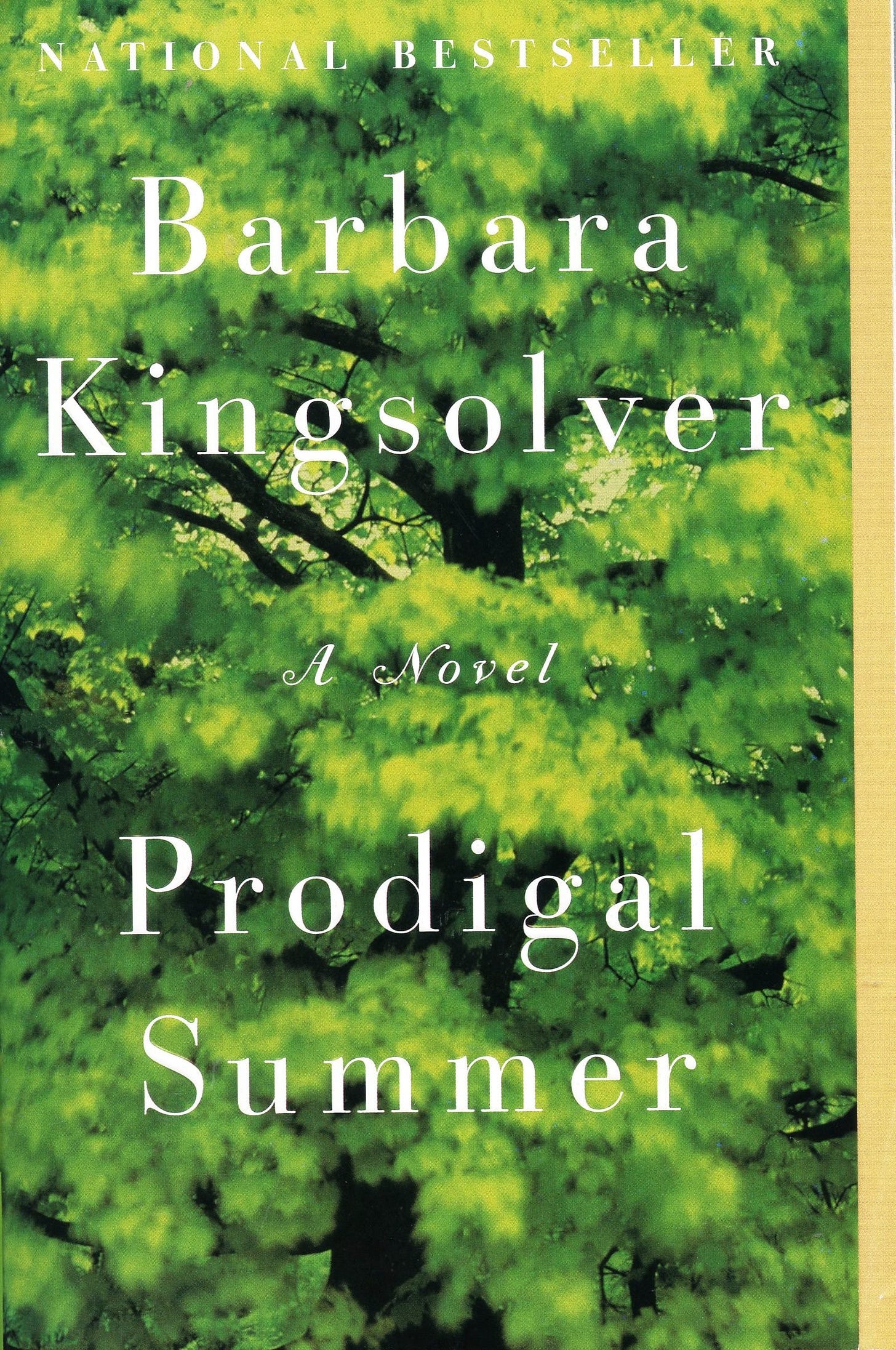
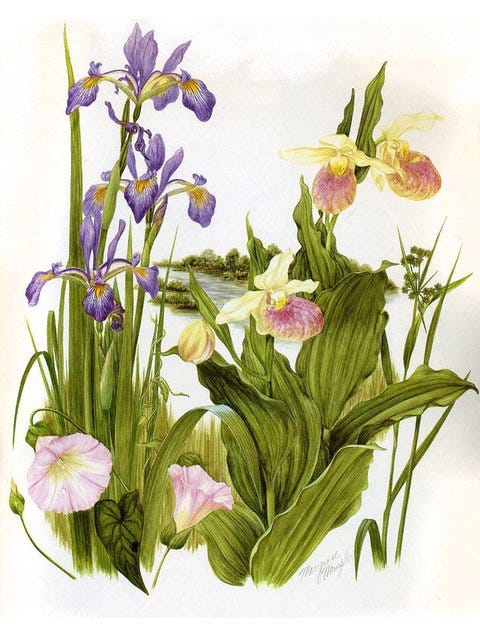
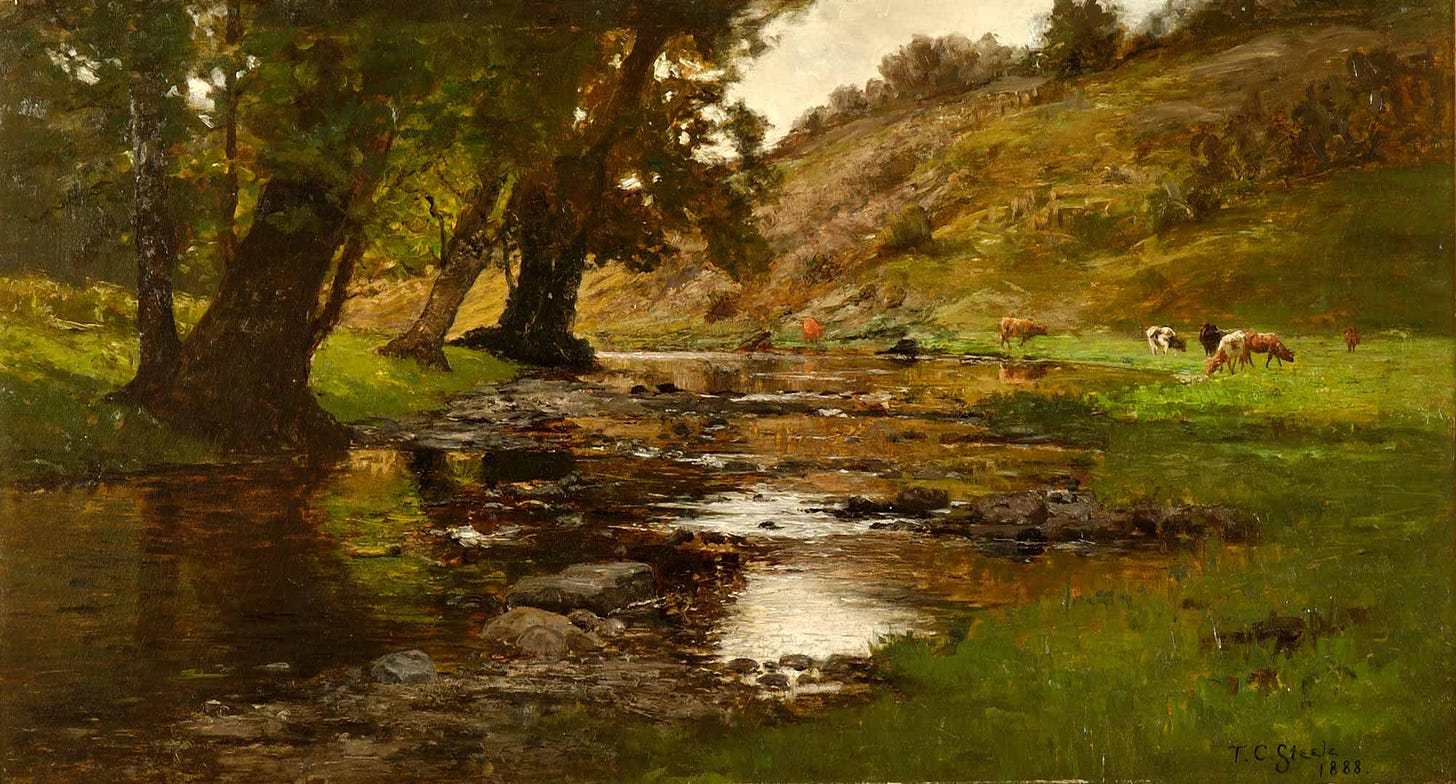
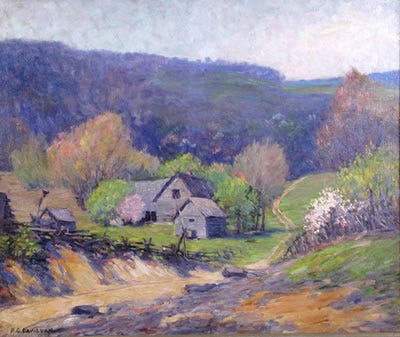
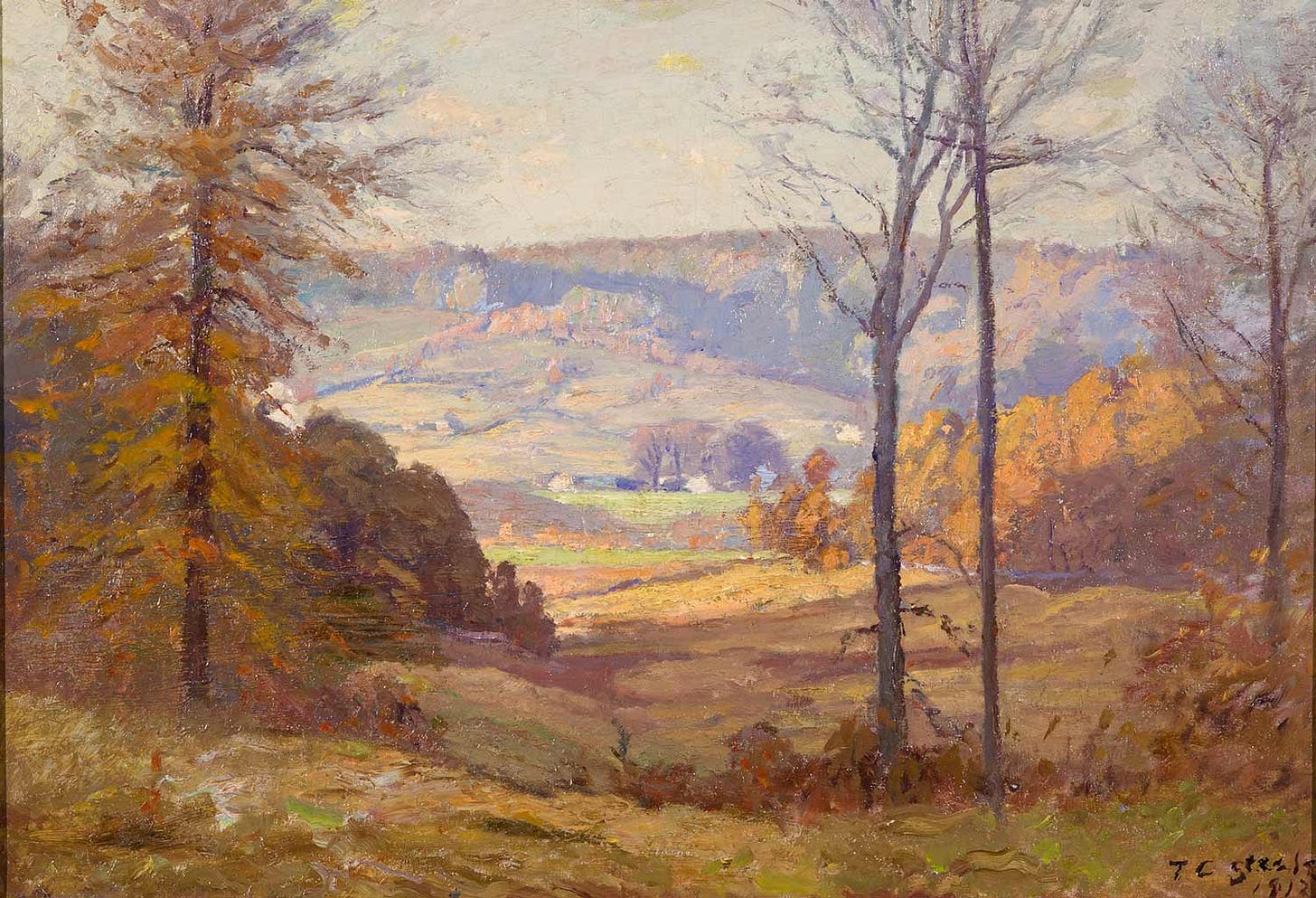
Indiana girl here as well. Now I wanna read this book. You sold me lol